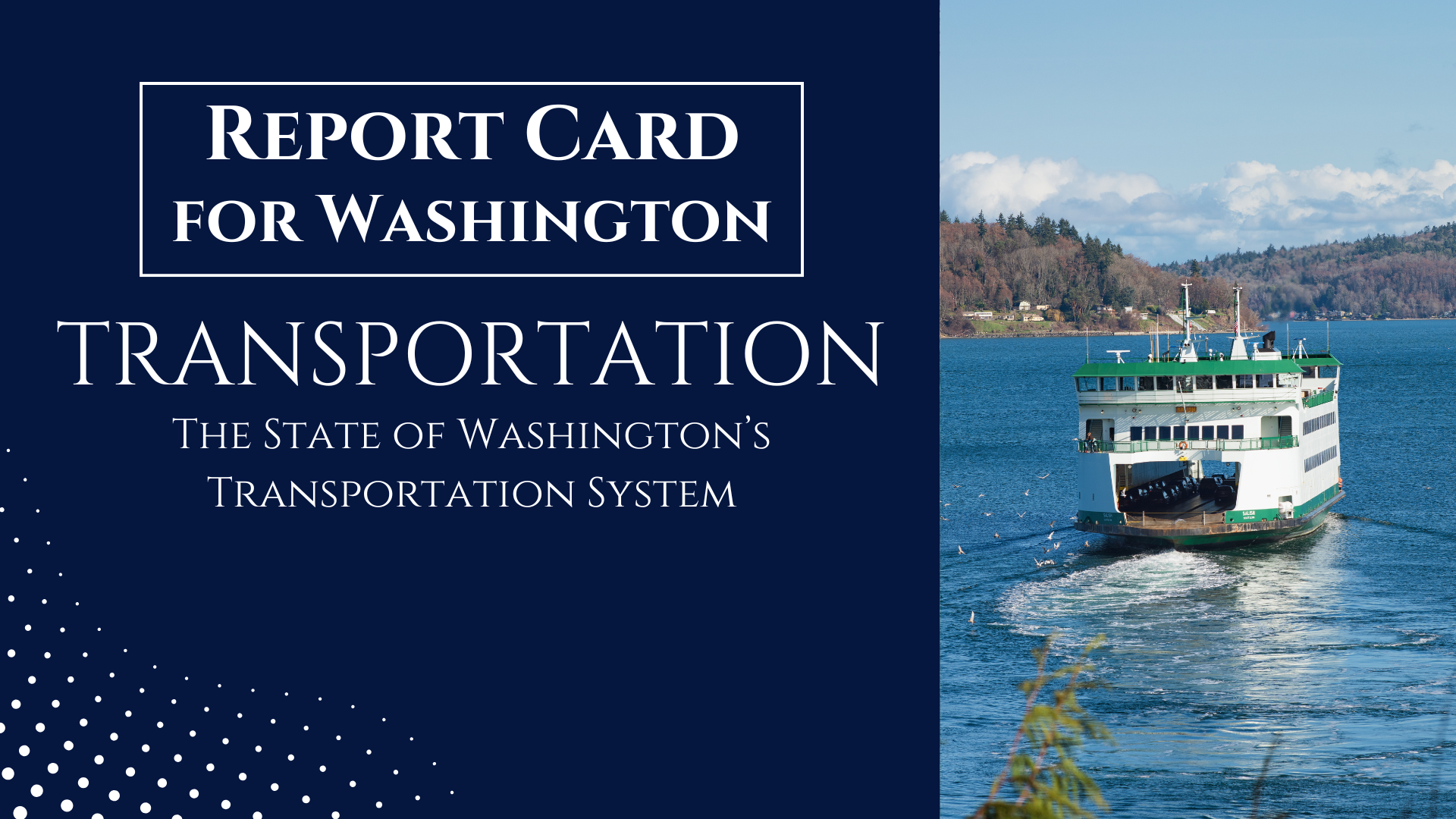Related Articles
Relevant Topics
WSDOT officials insist that they did not consider funding sources as they put together the list of projects that would be deferred after the passage of Initiative 976. However, 18 of the 26 projects they paused are funded exclusively by gas tax – not car tabs. Gas tax revenue is not impacted by the provisions of Initiative 976, yet the projects are still on the list.
In fact, the 18 projects are funded by the highest gas tax increase in state history, passed in the 2015 Connecting Washington state transportation package. The Connecting Washington Account is one of many accounts in the constitutionally-protected Motor Vehicle Fund, which is restricted for highway spending only. The delayed projects that are funded from this account are listed here.
I believe funding sources do matter, and I am certain they were considered, as WSDOT specifically targeted projects in accounts within the Motor Vehicle Fund so allocated money could be freed up to give lawmakers the “flexibility” to fund what they believe are priorities. Using Motor Vehicle Fund money would allow transportation officials to avoid making some of the deep cuts Initiative 976 calls them to make in the state Multimodal Fund, which funds public transportation, rail, and other non-highway programs.
The agency continues to make the case that funding wasn’t considered, except when they are questioned and given examples of gas-tax funded projects that shouldn’t be on the list. Then they claim projects are funded by some fees that were affected by the passage of Initiative 976, suggesting funding sources were considered after all. One of these claims is true, and one is not.
If funding sources were considered, the fact that 70% of the paused projects are funded by gas tax that was promised to be spent on specific projects, raises serious questions about fairness, political motivation, and public trust.
Here are several examples of WSDOT's contradictory statements on this issue.
November 26, 2019: “By delaying the obligation of funds, WSDOT provides the Governor and Legislature more funding flexibility as they determine how to amend the 2019-21 transportation budget to implement I-976 during the legislative session.”
December 17, 2019: “Projects were not selected by what county they were in or how they were funded.”
December 18, 2019: “While the majority of that package is gas tax funded, it includes other various fees like passenger car and light truck weight fee increases. Those fees are affected by the passage of Initiative 976.”
December 19, 2019: “Ms. Frost continues to debate fund source to feed a political narrative. WSDOT has very clearly stated in multiple forums that projects were not selected by what county they were in or how they were funded – gas tax or otherwise.”
January 31, 2020: “Not considering the treasurer’s transfers [in Connecting Washington-funded projects] dismisses some fees that could be impacted by I-976.”






